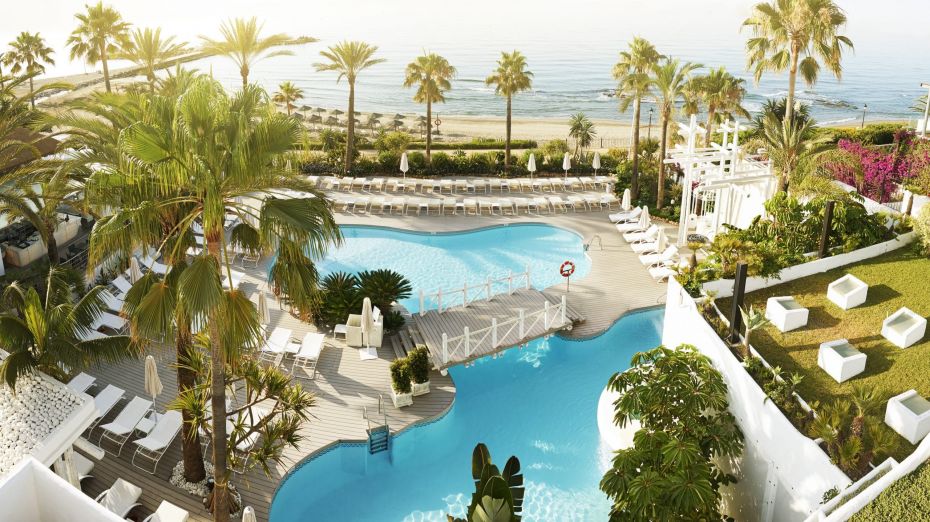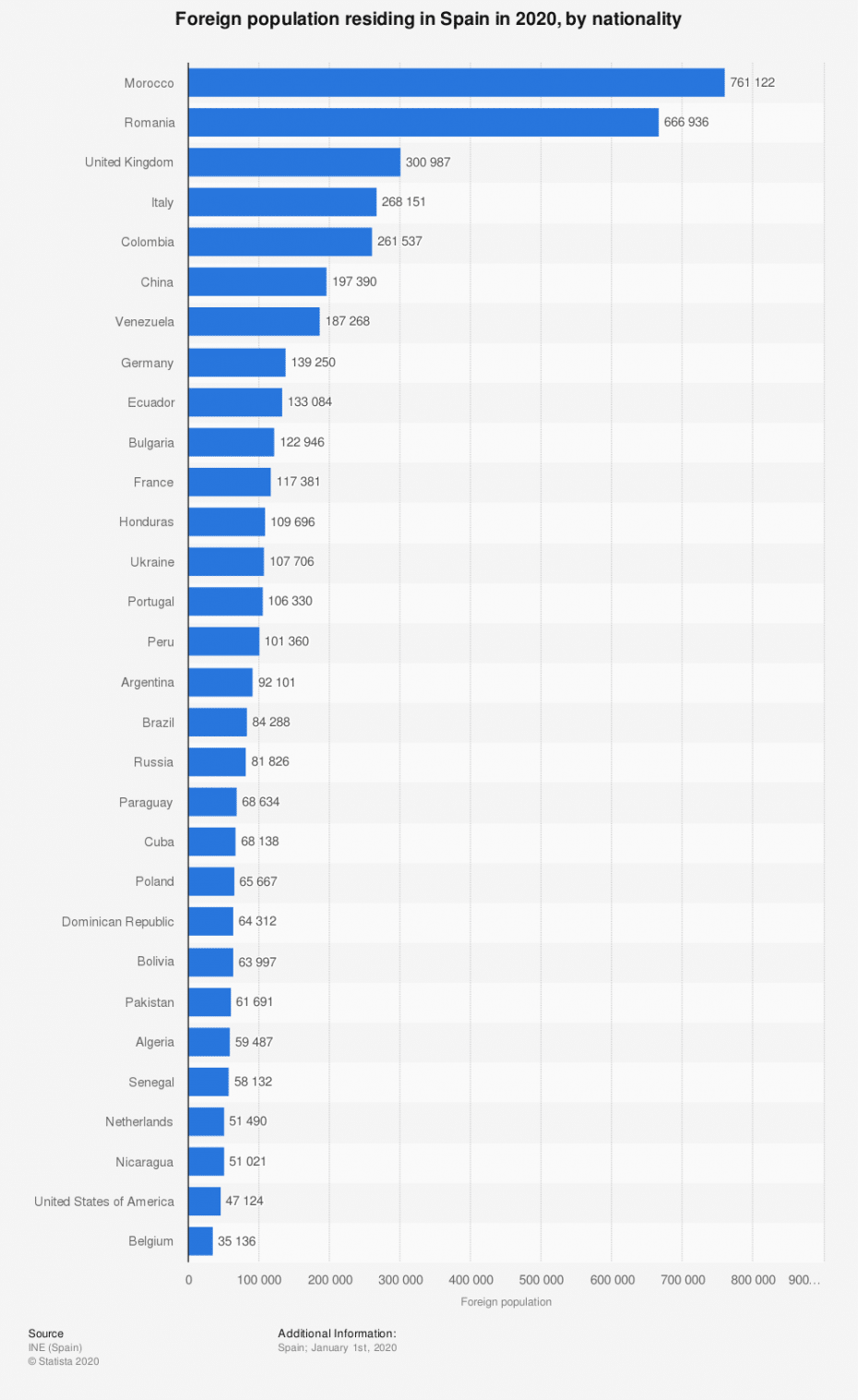Immigration to Marbella
By Salma Hwedi on - 3m. reading time
You’re planning to buy your Dream House in Marbella… Under the Freedom of Movement Act, Swiss and EEA nationals (European Economic Area: European Union, Iceland, Liechtenstein, Norway) don’t need any permit to visit, live, work or study in Spain. Almost everyone else does. Drumelia Real Estate is dealing with both types of clients and always happy to help. Let’s start with general information.
People choose Spain because of the high quality but relatively cheap living, great weather, easy access, safe environment, relaxing atmosphere, health benefits recommended by World Health Organisation, education, investment opportunities and impressive choice of properties.

Immigration to Spain has increased significantly in the 21st century. In 1998, 1.6% of population were immigrants. According to United Nations, numbers jumped to 12.8% in 2018, becoming one of the highest in Europe. Before 2017, the fastest-growing groups were Moroccan, Romanian, Ecuadorian and British; now Venezuelans, Colombians, Italians, Ukrainians and Argentinians.
Preferred destinations are touristic or economically developed areas: Madrid, Catalonia, Mediterranean coasts and islands. Latest immigration settled in Catalonia (27.6%); Madrid (16.9%); Andalusia (12.9%) and Valencia (10.4%).
Extremadura, Asturias, Galicia, Basque Country, Castile and Leon have significantly less immigrants.
Geographic distribution also depends on nationalities. Madrid and Catalonia attract Romanians, Africans and Latin-American; Andalusia Europeans and Moroccans. 75% Pakistani immigrants prefer Catalonia. Brits buy properties in Alicante and Malaga, Germans on Balearic and Canary Islands. Russians chose Catalonia, Valencia and Malaga coasts.
According to Spain’s Property Registrars, 34% of properties sold in Malaga province 2 years ago were purchased by foreigners. Despite Brexit, the lion’s share of them were British. Today British are not the dominant force. Costa del Sol market becomes more cosmopolitan, balanced with Scandinavian, Belgian, French, Dutch, American, Russian and Finnish buyers. New direct flights to Malaga announced by Qatar Airways and Saudi Arabian Airlines bring potential to Marbella.

Interesting facts:
- According to ‘Financial Times’, Spain is the most favoured destination for West Europeans considering to move and seek jobs inside EU.
- ‘Washington Post’ called Spain “the most welcoming, supportive European country, with 86% Spaniards in favour of taking in refugees fleeing violence and war” (2019).
- Unlike many countries, Spain automatically grants Spanish nationality to immigrants’ children born in Spain (no ‘jus sanguinis’).
- Traditionally, there are many immigrants from ex-Spanish Empire: Latin America, Philippines, Equatorial Guinea, Western Sahara (36%), they obtain Spanish nationality after 2 years, as well as citizen of Andorra, Portugal and those of Sephardic origin.
What you need to stay in Spain
EU-Citizens are subject to specific legal system based on rights recognized in the Treaties.
Non-EU Citizens need Residence in Spain:
- temporary (longer than 90 days and shorter than 5 years period: authorizations may be renewed regularly, depending on circumstances leading to issuance)
or
- permanent (long-term residence is authorizing indefinite residence and work in Spain, under the same conditions as Spaniards).
Residence and work permit types:
- Combined residence & work visa (visado de trabajo y residencia);
- Student visa (visado de estudios) for duration of educational/training course;
- Residence visa (visado de residencia) for family reunification or retirement.

Stunning Mediterranean villas en Marbella
Price on Application









